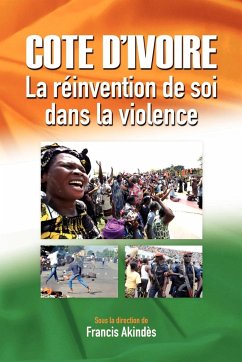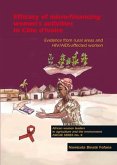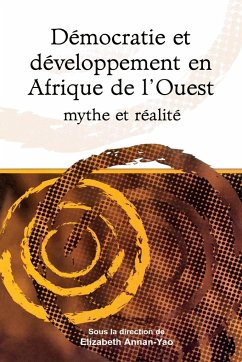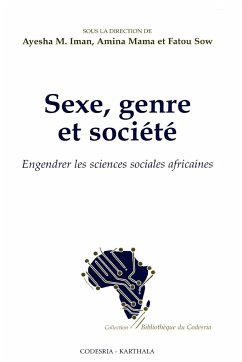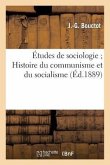The dramatic sociopolitical crisis which befell Côte d'Ivoire in September 2002 gave birth to an unprecedented political zeal. Immigration, the other, ethno-nationalism, nationalism, patriotism, civil war, youth at risk - such are the words that describe the Côte d'Ivoire' situation. Attempts to explain the 'crisis' in this country, known in recent past as 'relatively peaceful', mainly happen through media 'sensationalism'. This translates at the same time the almost complete control of the scoop media which renders the understanding of the situation only possible through such outlets. The ability of media professionals to coin words through which social history is reflected upon has the effect of complicating the task of social and human sciences while also appearing as stimulating at the same time. Understanding complex situations is now a crossroad of confusion between the simple and the simplified. The challenge for social and human sciences is, therefore, to resume its rightful place by presenting social and political realities in their complexity. Contributions in this book attempt to rid simple words of their excessive simplification to enable an understanding of social and political ills as well as the sense of history. This book is to be taken as a look from within. The challenge here is to take a step back and disconnect the real from the surprising which prevents a deep analysis of realities emanating from a historical process that is relatively long. At the heart of that process resides the paradoxical re-invention of the self through violence, though in the name of democracy. The 2010 post-electoral crisis and the intensity of the violence which characterized it are once again a demonstration of the relevance of the violence-democracy paradox and the on-going exercise of objectivity.
Hinweis: Dieser Artikel kann nur an eine deutsche Lieferadresse ausgeliefert werden.
Hinweis: Dieser Artikel kann nur an eine deutsche Lieferadresse ausgeliefert werden.

